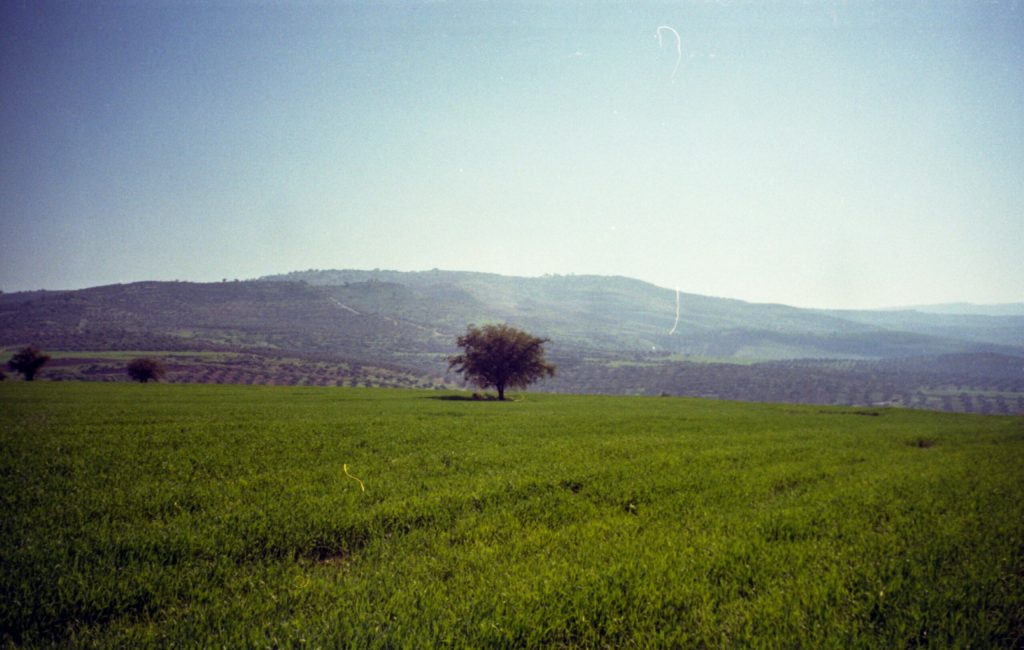Writer: Amel Azab, Martina Jaskolski, Amani Alassaf, Ayat Nashwan

This research brief summarizes a project on the integration of climate change risks into social protection approaches, focusing on the case of Jordan. Climate change disproportionately affects vulnerable groups compromising human and livelihood security through intersecting and compounding risks that remain poorly understood. Whilst social protection policies and mechanisms are designed to safeguard the most vulnerable, the impact of climate change and social vulnerability and therefore potentially changed needs for social protection remain under-explored. Social protection mechanisms, particularly in the MENA region, fail to systematically address climate change as a risk factor for social welfare and security.
The research project sought to answer the following research questions: How do social vulnerability and climate change impact livelihoods and social cohesion at
the local level in Jordan? What social and climate protection measures do local communities need to build resilience? What role do climate change and social vulnerability play in Jordanian social protection mechanisms and where are the gaps? Finally, how can research findings be translated into social protection policies that integrate climate change and protect citizens against its complex, compounding risks?
To read the full article: click here
Disclaimer: Except for articles published on Blog Tadamon and the content of the resource pages, all materials on this website, including their respective photographs, are indexed from their original sources. All rights remain with the respective copyright holders.

Comments are closed, but trackbacks and pingbacks are open.